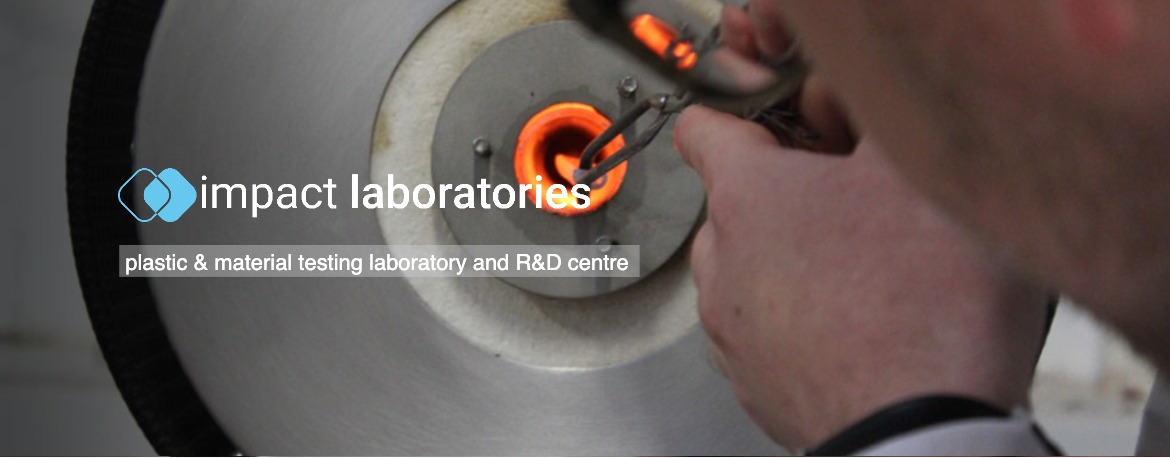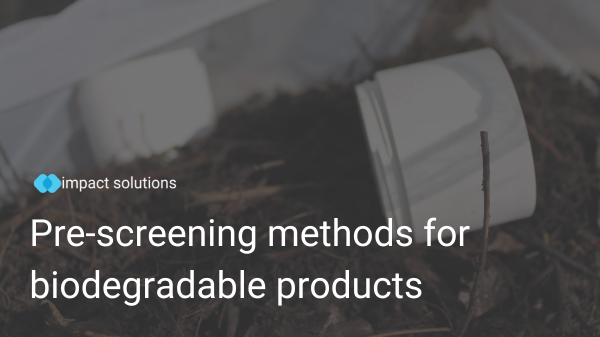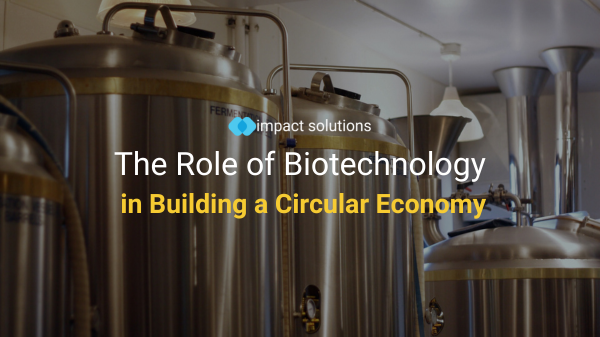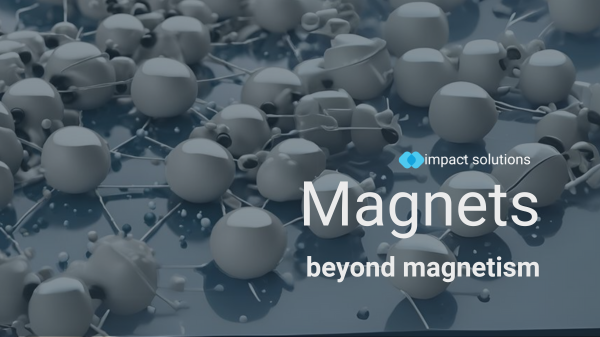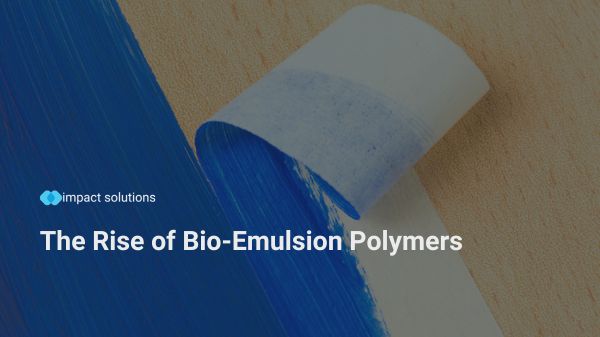Accelerating technology development to deliver a sustainable future.
Sustainability
Seeking opportunities to develop technologies with the environment and societies in mind.
Proven Success
With a portfolio of successful projects, we support businesses to conceptualise ideas and secure funding.
Collaboration
Teamwork and collaboration is at the heart of what we do and allows us to tackle some of the world’s biggest challenges.
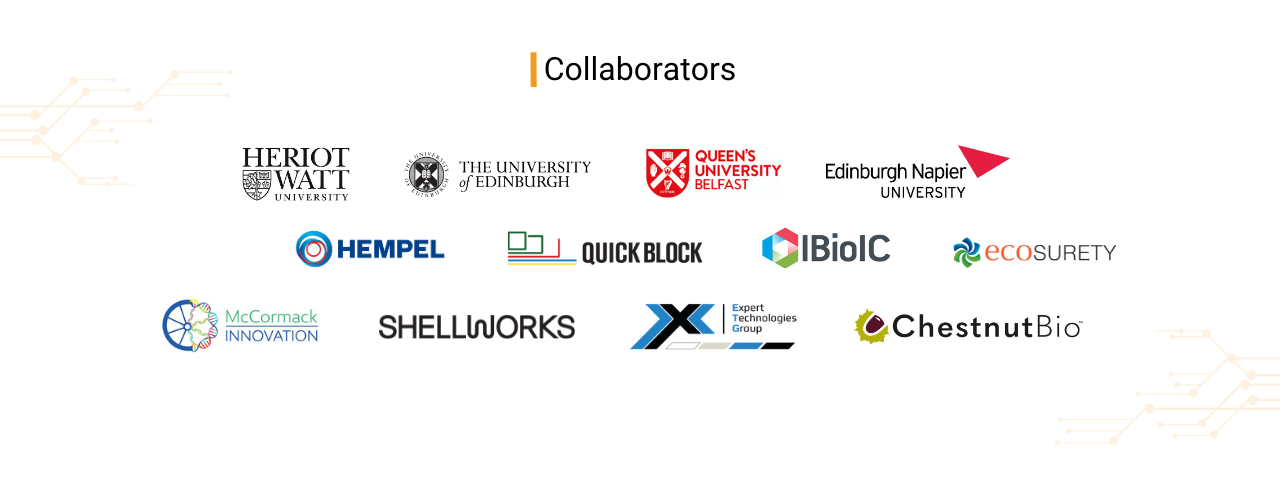
We work across a diverse range of projects and activities that can be broadly classified into four key functional areas.
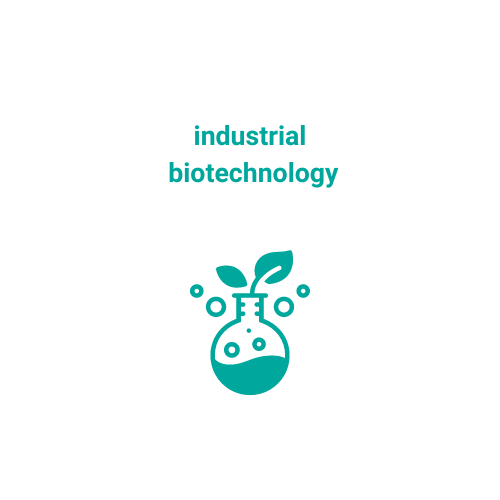
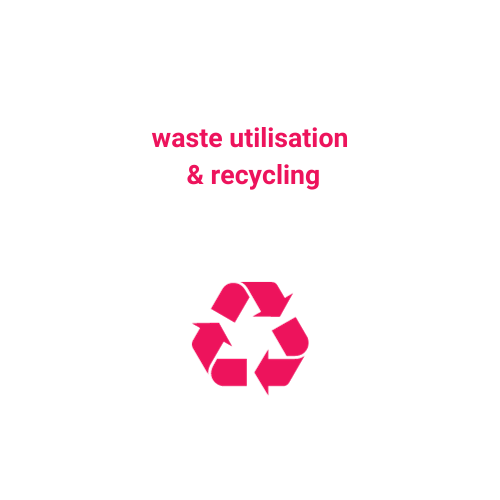
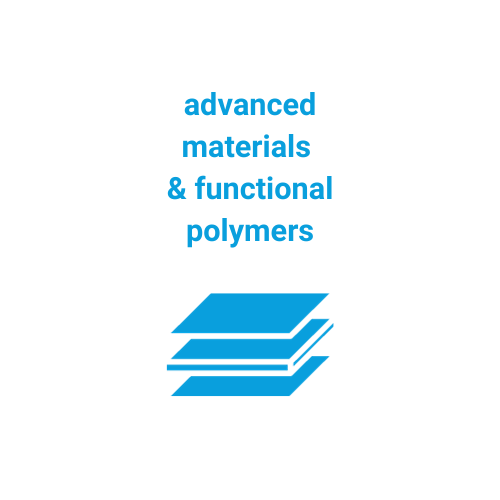
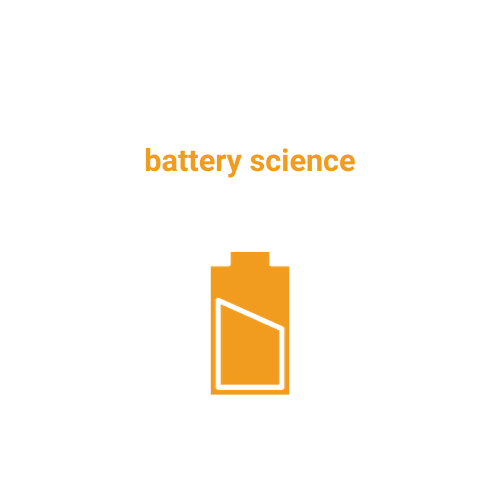
our services
Collaborative R&D
project management
scale up support
grant & funding support
startup facilities
Case Studies
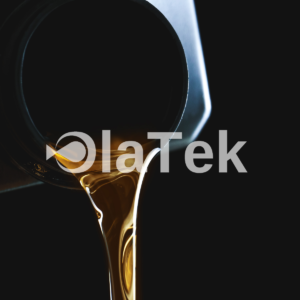 In line with the UK’s Net Zero Strategy, the petrochemical industry and speciality chemical companies like Lubrizol need to transition to green and sustainable processes and products to replace critical chemicals in the global economy. Biotechnology is seen as a burgeoning solution to this and is a pillar of the UK BEIS strategy with the aim of growing the UK bioeconomy from £220 bn currently to £440 bn by 2030.
In line with the UK’s Net Zero Strategy, the petrochemical industry and speciality chemical companies like Lubrizol need to transition to green and sustainable processes and products to replace critical chemicals in the global economy. Biotechnology is seen as a burgeoning solution to this and is a pillar of the UK BEIS strategy with the aim of growing the UK bioeconomy from £220 bn currently to £440 bn by 2030.
This project aims to deliver on these goals by developing a novel biosynthetic process, OlaTek, utilizing fish waste as a feedstock to produce olefins, an industrially significant group of chemicals, used across the industry in the production of lubricants, surfactants, greases and oils. The OlaTek process will utilise the over 200,000 tonnes of fish waste produced annually in the UK and 62 million Globally, proposing a sustainable solution to the pressing issue of fish waste.
By combining state-of-art molecular biology from the Wallace lab at The University of Edinburgh with innovative process engineering from Impact Solutions, a complete process will be developed that treats fish waste to extract valuable chemicals which will then be bio-catalytically converted into olefins.
The proposed process will produce a high demand bio-derived olefin stream, offering a competitive advantage through improved environmental credentials.

PAINTS focuses on using bio-based styrene as part of the production in paints and coatings instead of using petrochemically produced styrene. Bio-styrene has the potential to significantly reduce the industry’s carbon footprint, but there is still uncertainty about product yields, and the initial toxicity of bio-styrene generated inside the cell presents a barrier to achieving the required production values.
To address these challenges, PAINTS will use bio-derived feedstocks that undergo enzymatic conversion to produce bio-styrene, which will be used to create polymers following Hempel’s existing formulations as a guide. The resulting high-performance styrene-acrylic emulsion paint formulations will have significantly lower environmental impact, and the process supports a 20% reduction in GHG-emissions.
The project will use synthetic biology capabilities at The University of Edinburgh to genetically optimize the entire pathway enabling the project to increase productivity and titres of bio-styrene from L-phenylalanine and deliver predictable/consistent processes suitable for manufacturing at scale surpassing the state-of-the-art.
The project outcomes include a bioprocess for styrene production from waste feedstocks; an optimized, purpose-built protocol for creating bio-styrene-based polymers; a report detailing the full characterization of the bio-styrene monomer/polymer; and a life cycle/market analysis and route to commercialization report.
The potential impact of PAINTS is significant, as the project could significantly reduce the industry’s carbon footprint while aligning with the UK government’s aim to grow the bio-economy sector to £440bn by 2030.
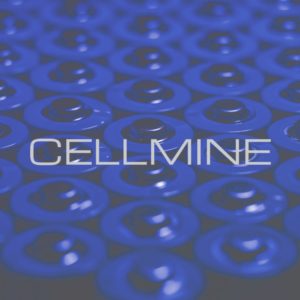 CellMine, a pioneering force in lithium battery recycling, introduces two groundbreaking technologies. These innovations hold the key to efficiently recycle cathode metals, rescuing discarded batteries from landfills and incinerators. The reclaimed metals can be used to produce new batteries.
CellMine, a pioneering force in lithium battery recycling, introduces two groundbreaking technologies. These innovations hold the key to efficiently recycle cathode metals, rescuing discarded batteries from landfills and incinerators. The reclaimed metals can be used to produce new batteries.
The surge in electric vehicle demand results in an alarming accumulation of spent lithium-ion batteries. China alone was predicted to generate 500,000 metric tons of used Li-ion batteries by 2020, with global lithium demand expected to reach 2 million metric tons annually by 2030.
In the UK, the Faraday project envisions three operational gigafactories by 2030, potentially generating 2,000 tonnes of battery waste annually, contributing 730,000 tonnes yearly and 1.8 million t/CO2 in greenhouse gas emissions.
With rising demand for metals like lithium and cobalt, and deep-sea strip-mining exploration, a commercial recycling solution is crucial. Failing to establish economically viable recycling methods threatens resource scarcity and environmental hazards.
In collaboration with the University of St Andrews and Ecosurety, CellMine prevents battery waste inundating landfills, reducing reliance on mined metals. CellMine aims to foster a UK industry, creating jobs and economic stability, positioning Britain at the forefront of green technology innovation.
The CellMine process is a disruptive technology in battery recycling developed to reduce cost, energy use and process steps. We use an organic solvent in our novel reactor to separate a lithium stream and a mixed metal cathode precursor. This means we are not separating out all these metals individually which would take a lot more processes. The reactor effects the morphology of the metals to increase their performance over virgin materials.
After successful completion we are now seeking funding to help us develop large scale rigs which will help us blueprint the CellMine pilot plant which will start construction at the end of 2024.
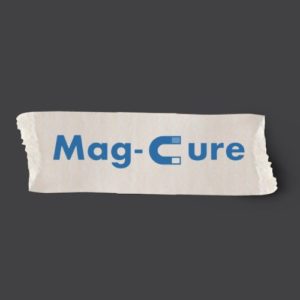 Mag-Cure will result in a step-change for the manufacture of electric motors used in Electric Vehicles, by bringing to market a novel adhesive bonding technology allowing the rapid curing of adhesive systems. Mag-Cure will reduce production cost and time (removing bottlenecks), as well as providing a solution for end-of-life/quality control by ensuring the adhesive system is “de-bondable”.
Mag-Cure will result in a step-change for the manufacture of electric motors used in Electric Vehicles, by bringing to market a novel adhesive bonding technology allowing the rapid curing of adhesive systems. Mag-Cure will reduce production cost and time (removing bottlenecks), as well as providing a solution for end-of-life/quality control by ensuring the adhesive system is “de-bondable”.
With Expert Technologies Group leading and commercialising the technology, Impact Solutions are providing specialist knowledge in sustainable material processes and solutions. Together the consortium will test and demonstrate the bonding and de-bonding solution, disseminating the results to the wider supply chain, looking to capture 15% of the UK motor winding adhesive market post project.
The proposed process will provide far greater control over the manufacturing and curing process for adhesive systems and increase product sustainability.


